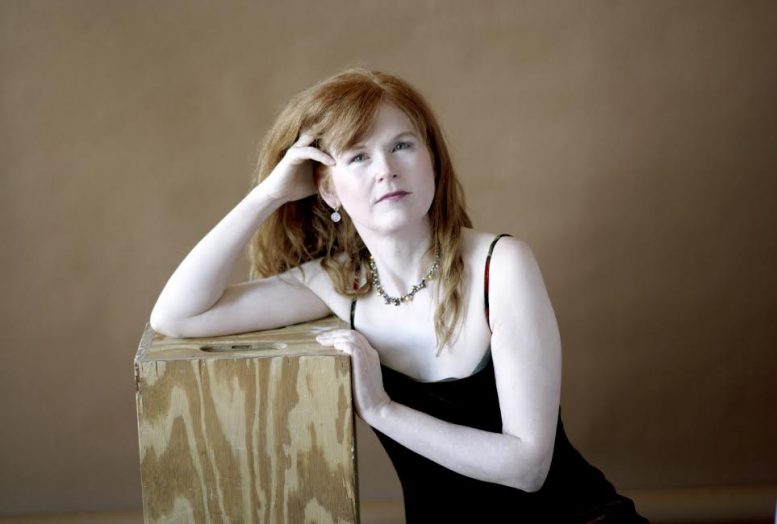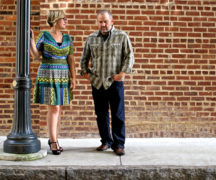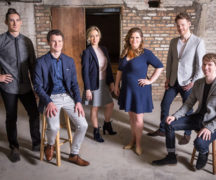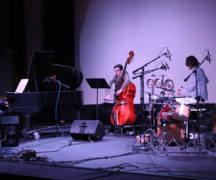By DAVID DUPONT
BG Independent News
Pianist Sarah Cahill admits to having mixed feelings about her project “The Future is Female.”
The series of recitals is devoted to the work of female composers from the 17th century into the present.
“It doesn’t seem right to lump everyone together by gender because the majority of women composers just want to be thought of as composers,” she said in a recent telephone interview. “I’ve always been ambivalent about all women concerts. Now I’m doing it myself mainly because there’s so much music that deserves to be heard.”
Cahill will present a concert in her “The Future is Female” series Monday, March 25 at 8 p.m. in Bryan Recital Hall on the Bowling Green State University campus. The recital is part of the Music at the Forefront series.
Her repertoire for “The Future is Female” includes works by 56 composers dating by to Elisabeth Jacquet de la Guerre’s Keyboard Suite in D minor from 1707 to Theresa Wong’s “She Dances Naked Under Palm Trees,” inspired by the song “Images” by Nina Simone, which she is performing for the first time.
Of those pieces in that repertoire, Cahill commissioned 10 of them.
The Wong piece is the latest in a line of compositions written with her in mind dating back to 1977 when John Adams composed “China Gates” for Cahill who was 17.
“I remember when that was a new piece no one would play it because it was such a strange piece, so minimalist,” she said. Cahill would perform the composition in competitions and “it was really frowned upon.”
Now it has been well accepted by pianists and is frequently played.
Commissioning new works is central to her vision as an artist.
Cahill said back when she was 17 she had an identity crisis. Not unusual, she said, for a teenager.
While her fellow conservatory students were locked away in the practice rooms totally consumed with being the best pianists they could be, she wanted to write and read poetry. That led to writing music criticism for alternative newspapers.
“I started playing contemporary music because I liked having more of the focus on the music itself rather than me as the pianist,” Cahill said. Instead of having the spotlight on her, she wants to present “this amazing new piece that I am premiering.”
She said : “I love getting a PDF of a new score and just being really thrilled and having the privilege of playing it for the first time, and then … in many cases, have it enter the repertoire.”
She started playing piano at 5. At 8 she began studying with Sharon Mann who introduced her to the music of J.S. Bach. She played his suites and fugues and listened to his great choral works.
The lessons were exciting, Cahill recalled. Mann was “beautiful and funny and treated me like an adult.”
A gifted musician, Cahill performed a concerto with an orchestra every year from the time she was 12. And as with all her peers, the music she played was by men. Even “the minor, minor composers” were men. She’d heard of Clara Schumann, but only as the long-suffering wife of Robert Schumann, not as a composer in her own right.
“The Future is Female” is meant to counter that.
The scope extends back through the centuries and around the globe. So she performs music by the 19th century Venezuelan composer Teresa Carreño.
She said she loves doing research to find unknown composers “who really deserve to be heard.”
The Friday before her recital at BGSU, she will perform at the Detroit Institute of Art. The repertoire at that concert will be older, more classical work, fitting the tenor of that series. That audience may not be as interested in “spiky, dissonant” contemporary music, she said.
But in Bowling Green given that the Music at the Forefront is devoted to showcasing new music, she’ll focus on contemporary pieces, though they’re not really all that dissonant. Cahill described them accessible and approachable.
“I love bringing new work into the world.”





